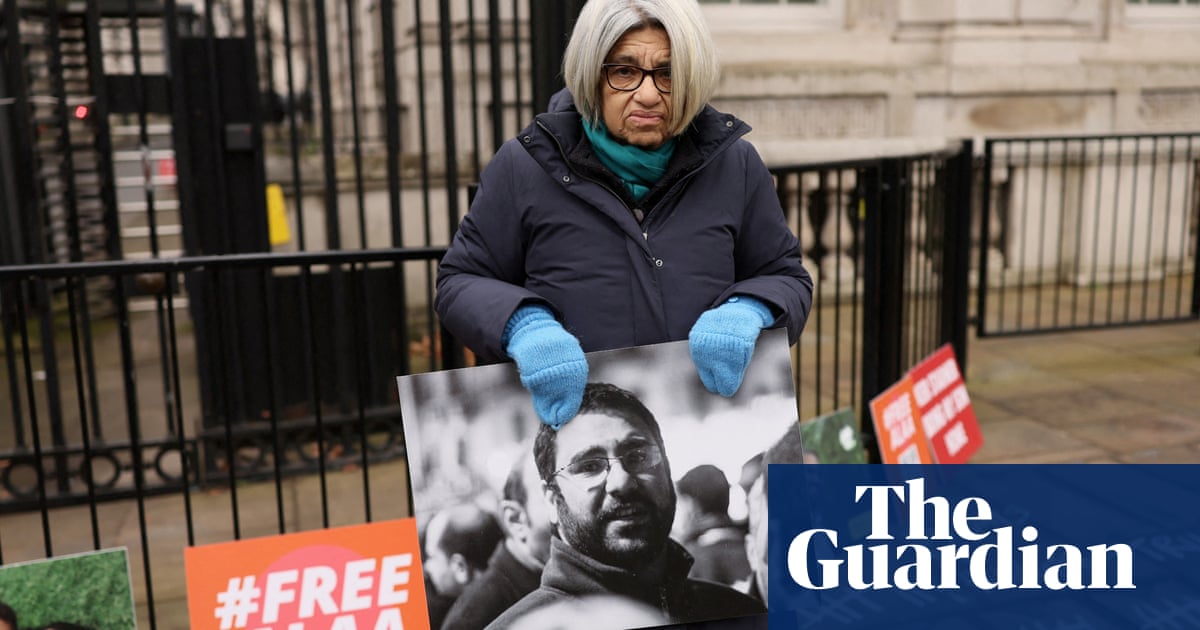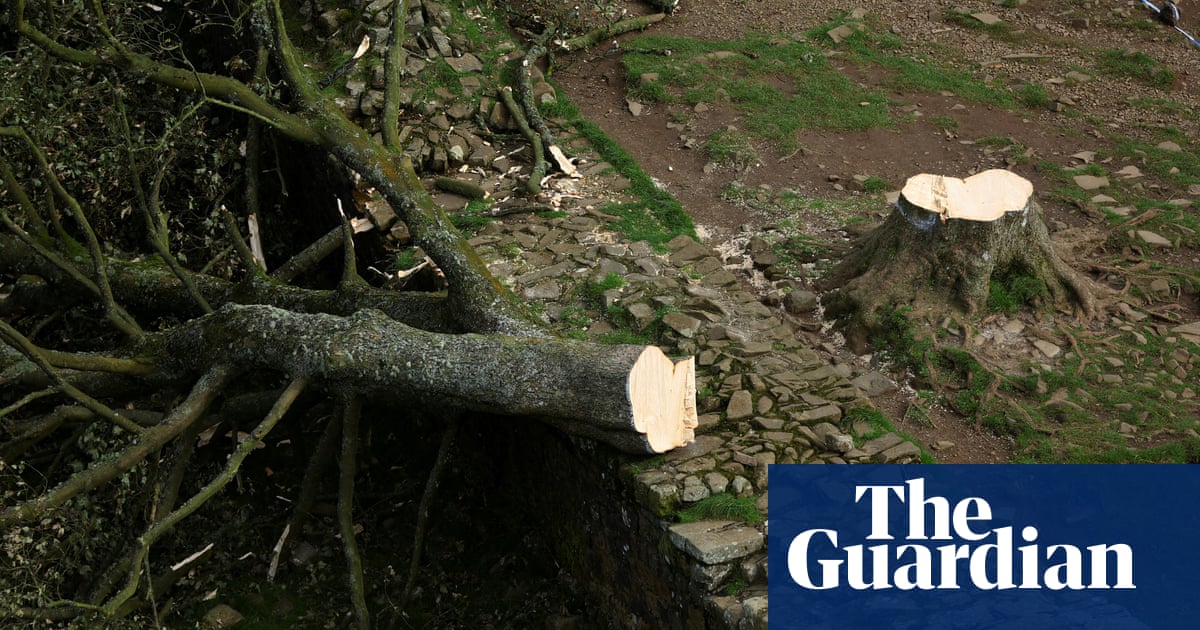Become a governor
An important part of a school’s leadership, a governor helps provide strategic direction for its running. The role usually involves termly meetings of the full governing body and membership, and meetings of one of the subgroups. You will also be expected to be on any complaint, exclusion and disciplinary panels. There is always a lot of paperwork to read.
The National Governor Association provides lots of information and advice about what the role involves. Schools inform parents or carers about vacancies on their governing body. You can also sign up with Governors for Schools, a service in England that matches schools with volunteers.
Start or support a PTA
If a parent-teacher association (PTA) does not already exist at your school, talk to the headteacher or a leadership team member to ask whether they would like one established.
Contact parents and carers through the newsletter asking who would like to be involved and ask the school to share a contact email address. Arrange your first meeting at a mutually convenient time for the school and parents. Explain the aims and what it could do.

Identify skills and people willing to become PTA members and take key roles, such as chair, secretary and treasurer. The website Parentkind offers lots of resources to help you set up a group, including guides to the different roles you will need to recruit people to.
Where there is an existing PTA you could support it by helping to organise or publicise events, or by volunteering at and attending them.
Give expertise
Staff cannot be specialists in every area in which they teach, so external experts can help extend pupils’ knowledge and skills.
You may have skills that can obviously be taken into a classroom – say, for example, you’re a professional dancer or chef – but other jobs may also give you expertise you can share with pupils.
A business strategist, for example, could bring real-life experience to economics courses.
You could help with lessons or, if you have more time, run or assist with an after-school club.

Schools welcome specialisms such as web design, drama, art, entrepreneurship or sport.
Jo Zwierzchaczewski-Mitchelhill, a parenting coach, has volunteered as a netball coach at her daughter’s primary school in Kent for four years and organised interschool netball games. She committed about two hours every week in term time, including the hour of the club. “I loved seeing the kids be active in sport and gain confidence in their ability as netball players. Also how they would gel as a team and the team spirit they developed,” she says. “I gained personal satisfaction from seeing the children progress.”
If you yourself are studying and the course involves a placement, consider whether you could do it in a school. Drama therapy, social care, counselling and business courses often include a placement element.
Speak in schools
Speakers can help motivate and inspire pupils, raising aspirations, increasing confidence and demonstrating possible career paths.
Eloise Skinner is a psychotherapist and author who volunteers through the mayor of London’s enterprise adviser network. She says: “The role’s quite flexible and can encompass all aspects of career support – from strategic planning and oversight of careers activities to in-person delivery of careers workshops, talks and events, which I tend to get involved with, taking five to 10 hours each term.”
You can also find speaking opportunities through the free Inspiring the Future schools service. Volunteers range from apprentices to chief executives, across a range of sectors.
Think of your own network of friends and colleagues. As a governor at Heathcote secondary and science college in London, I’ve brought in speakers such as Rob Unsworth, a former editor of the BBC’s The One Show, to discuss media careers and the TV judge Rob Rinder, who regularly covers law. “Too often, bright young minds are held back simply because they’ve never met a lawyer who looks or sounds like them. By stepping into the classroom, I’m showing them that the legal world isn’t just for the privileged few – it’s for anyone with the grit and the brains,” Rinder says.
Could someone you know talk about, motivation, disability awareness, entrepreneurship, the charity sector, medicine or science, for instance?
Volunteer
One-to-one – or small group – support can have a huge impact on pupils’ learning and results. This is especially true for pupils who have special educational needs or who struggle in one area of learning.
Sabina Green, the writer of the Mummy Matters blog, volunteered regularly as a “reading buddy” at Deeping St James community primary school, near Peterborough. She attended a workshop on strategies for how to listen and question the pupils about what they were reading, as well as how to assist them. “Having them read small sections and discuss helped them recall information and build a mental picture, boosting their confidence,” Green says.
She volunteered between one and two hours a week, but she says some grandparents volunteered daily as reading buddies.

Mentors can greatly affect a young person’s life, helping with personal and educational development by sharing their experience. You or someone you know could offer to mentor and support a young person facing challenges such as drugs, trauma, family issues or mental health. If you think you can help, contact the school’s pastoral lead member of staff to discuss how to get involved. Typically, it’s about an hour a week, but it depends on everyone’s needs.
Donate goods
Schools get through an unbelievable amount of paper. Do you, or anyone you know, work at a print company or warehouse? Standard A4 white paper is useful, as well as paper of differing sizes, colours and textures, for art classes.
Could you offer to produce leaflets for marketing or fundraising?
Siân Pelleschi, a professional organiser, donates her clients’ unwanted items, such as books and clothes, to her children’s local schools. She also regularly donates unwanted or leftover craft materials from older generation crafters she works with.

“My children’s schools are often in need of different materials they can use for projects or classes – so I tend to build up crafting items – pens, paper, paints … anything they can use in class with the younger children – and then take them in when I have enough to hand over that would be of use,” Pelleschi says.
It is not only pupils who could benefit. Andy Coley gave 20 copies of his book Leadership is a Skill to the senior team of his local school federation.
Before turning up with a donation, do check that the school wants what you have to give.
Uniform shops are popular, usually run each term by the PTA, and will usually take donations of children’s shirts, skirts, trousers, blazers and jumpers that no longer fit. They can be sold to raise funds.
Donate other people’s cash
Do your online shopping through Easyfundraising.org, which has partnered with more than 7,000 brands including big names such as Amazon, John Lewis and the leading supermarkets. It will donate part of your spending to a cause of your choice. Give as you Live Online is a similar setup. If your school is not registered, contact it and ask whether it would like you to go through the very simple process to do so. Once it is set up, the school can inform its community.
Recycle ink cartridges at Recycle4Charity, which will donate money to a good cause of your choosing. You can add your school if it is not listed.
Are you a bid writer or do you know one? Schools can apply for funding of up to £20,000 through national lottery’s Awards for All England (there are also programmes for Scotland, Wales and Northern Ireland) to spend on projects. More pots are available if the PTA becomes a charity.

.png) 7 hours ago
9
7 hours ago
9













































